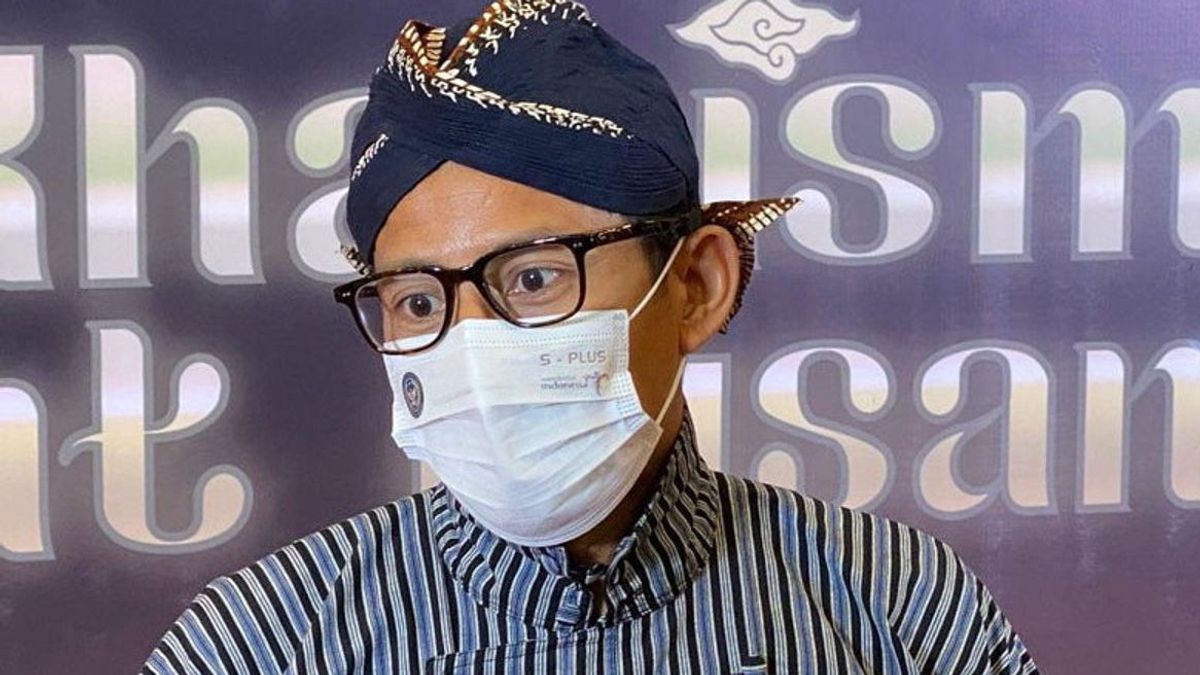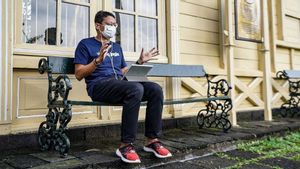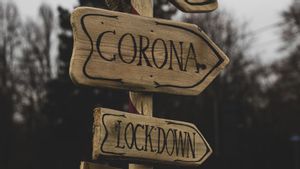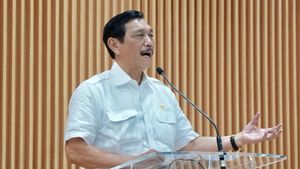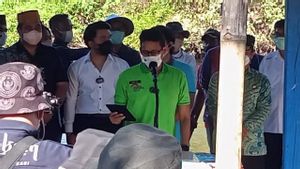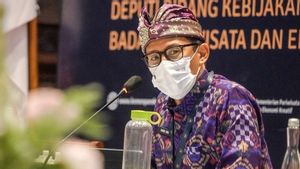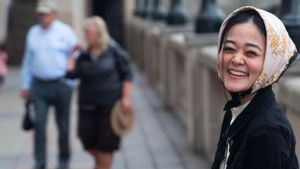JAKARTA - The number of COVID-19 cases in the country continues to increase. In the midst of this high number of cases, the issue of locking or locking for the DKI Jakarta and Yogyakarta areas arose. If the lockdown is really enforced, the Minister of Tourism and Creative Economy, Sandiaga Uno, has prepared a series of social assistance.
"We will boost intervention programs in terms of social assistance. The assistance is in the form of tourism and creative economy grants, capital assistance, incentive assistance, liquidity assistance", he said in a virtual press conference, Tuesday, June 22.
Furthermore, Sandiaga admitted that he wanted the tourism sector and creative economy to be able to survive regardless of the policy, even if it was in the form of a lockdown or restrictions on access to and from an area.
"And, national economic recovery funds to help the tourism sector and the creative economy can survive in the midst of entering a period if the lockdown is implemented", he said.
On this occasion, Sandiaga Uno said that his party would respect the decision if the lockdown option was taken to break the chain of the spread of COVID-19. He was also prepared with a more measurable arrangement.
"Of course we really respect the decision of the ministry or agency that has the authority or authority over the decision and we will adjust it", he said.
For your information, calls for a lockdown to reduce COVID-19 cases are still loud, one of which is from economists. In fact, it is said that Indonesia's economic condition will get worse if the government does not immediately implement a lockdown.
Director of the Center of Economic and Law Studies, Bhima Yudhistira, said the government should follow the example of the Chinese government, which immediately implemented a lockdown. Although Indonesia took this option too late, said Bhima, it was much better than nothing.
"Yes, we are late to decide on a lockdown early on, but it's better late than never. The government must follow China's example in implementing a lockdown by continuing to carry out effective supervision", he told VOI, Monday, June 21.
Bhima said that if the government wanted to take firm steps to close entry and exit access or lockdown, it had to be carried out in 34 provinces within Indonesian territory. Otherwise, he said, the lockdown would not be effective.
SEE ALSO:
"It should be decided immediately, if you want a national lockdown, it can't be that one province decides on a lockdown, it will not be effective", he said.
During this time, said Bhima, the government also often pitted the narrative between health and economic choices. In fact, trying to ease economic recovery, for example, the premature opening of tourist attractions is a blunder for the economy itself.
"The government must listen to advise from health experts. Once the lockdown is effective, the economy will grow solidly, not as false as it is now. It's as if the level of consumer confidence has increased, but after the explosion of COVID-19 cases, there is a risk of falling again. We must not repeat it at zero", he said.
The DKI Jakarta Provincial Government is waiting for a decision from the central government to take an "emergency brake" policy or a lockdown policy related to the significantly increasing number of COVID-19 cases in Jakarta.
Meanwhile, the Governor of the Special Region of Yogyakarta, Sri Sultan Hamengku Buwono X, confirmed that he would not implement the Jogja lockdown policy. This decision was taken after the Sultan previously threatened to implement a lockdown if PPKM (Enforcement of Restrictions on Community Activities) was not effective.
The English, Chinese, Japanese, Arabic, and French versions are automatically generated by the AI. So there may still be inaccuracies in translating, please always see Indonesian as our main language. (system supported by DigitalSiber.id)
